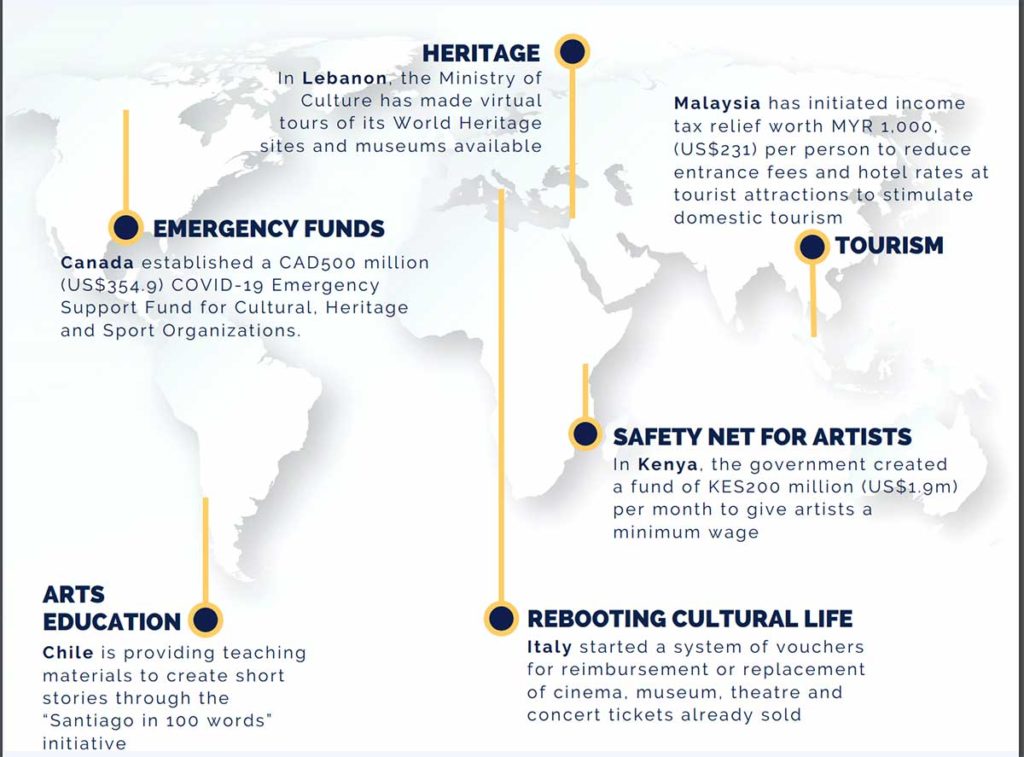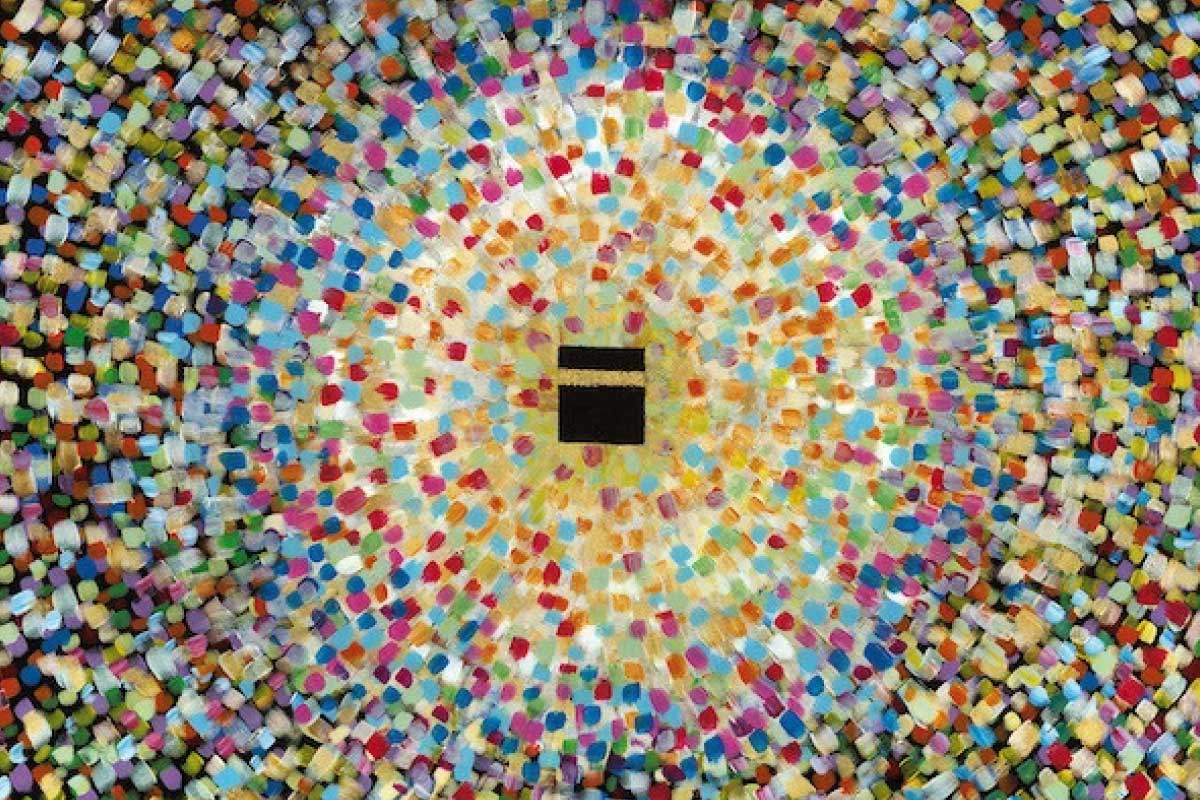21 May is the World Day for Cultural Diversity, Dialogue and Development! It celebrates the richness of global cultures & the key role they play in achieving peace and sustainable development. Cultural Diversity is as necessary for humankind as biodiversity is for nature as enshrined in the Universal Declaration of Cultural Diversity. Cultural diversity is all around us. It is what gives life its colour, its vibrancy, its flavour. We should understand that diversity is not about how we differ, it is about how we embrace each other’s uniqueness. Intercultural dialogue is a way to world peace. Cultural diversity is a driving force of development, not only with respect to economic growth, but also as a means of leading a more fulfilling intellectual, emotional, moral and spiritual life. In this way, Development can be inclusive and no one is left behind.

COVID-19 now has a firm grip on every continent, with governments putting in place widespread confinement and mobility restrictions on an unprecedented scale including closing of cultural institutions. Movies, Ceremonies, Festivals and Concerts are all disrupted. People are turning inward. But they are turning to culture as a source of comfort, well-being and connection and resilience of art makes it possible.
The culture sector risks being among the first to be impacted by the COVID-19 crisis and not necessarily prioritised in terms of urgent response measures. Protecting the diversity of cultural expressions is more important than ever in the times of pandemic which has revealed and magnified the creative industries’ pre-existing volatility. Due to the complex nature of their work, artists and cultural professionals are particularly affected and lockdown measures around the world directly impact the entire creative value chain – creation, production, distribution and access.
To protect and promote a diversity of cultural expressions in these challenging times, governments, non-governmental organizations and the private sector have been quick to react with new policies and measures. There has also been a huge surge in access to cultural content online – from virtual visits to museums and galleries, streaming of films and even community choirs via social media – showing its fundamental role as a source of resilience for communities. Major crises throughout history have often given rise to a renaissance of culture and an explosion of new forms of creativity, so vital for human progress, and COVID19 is proving to be one more in the list. Furthermore, just making digital content available online also poses other questions concerning inclusion, as digital content is not necessarily adapted to different audiences. Such questions must be addressed in the longer term to ensure that culture in the digital space becomes more inclusive, more diverse and fairer. At the same time, the crisis has also put the spotlight on the global digital divide and the need to implement policies to bridge the gap.
But, there is a silver lining. We have an opportunity to build back better with the policies that foster sustainable development. This will make our communities stronger, innovative, tolerant and resilient.



Get Social